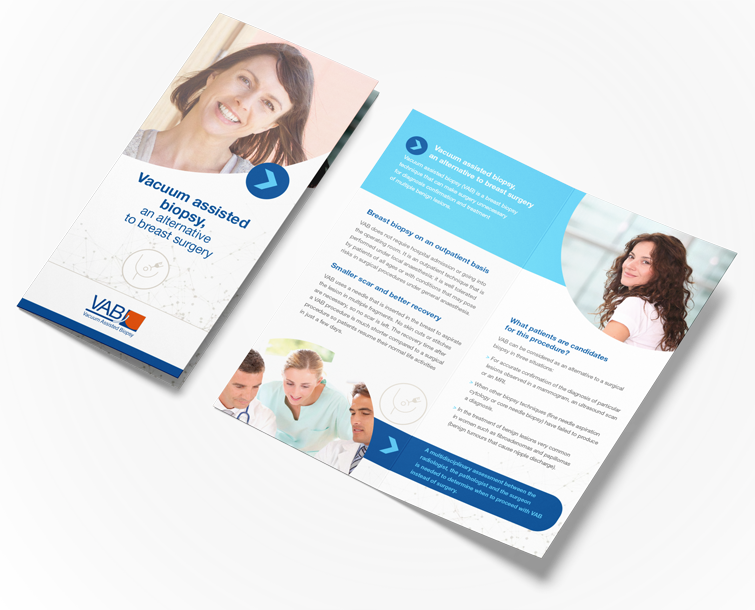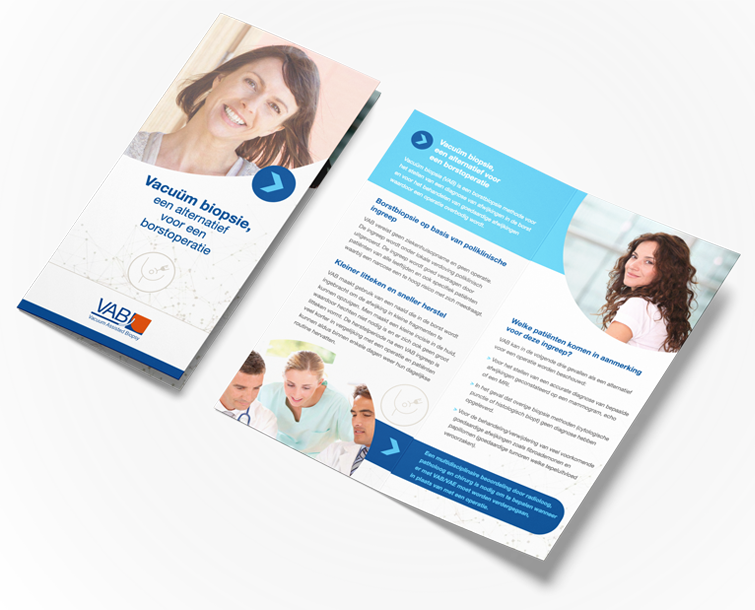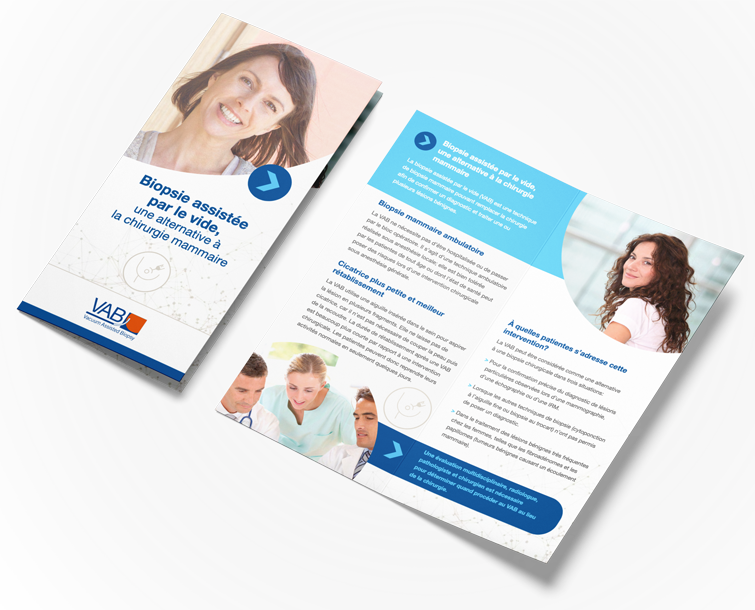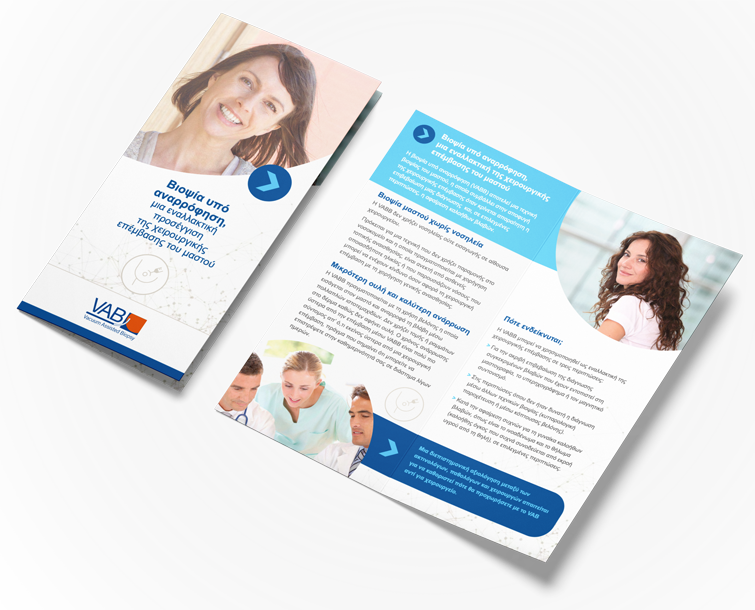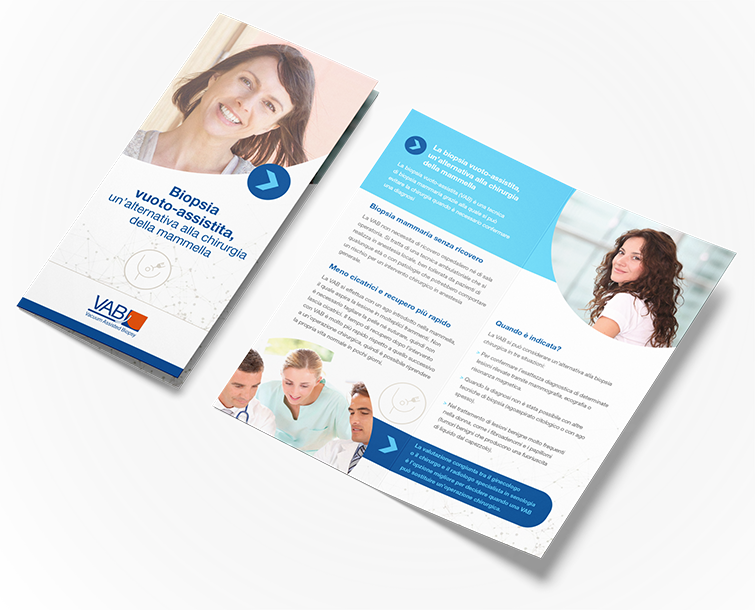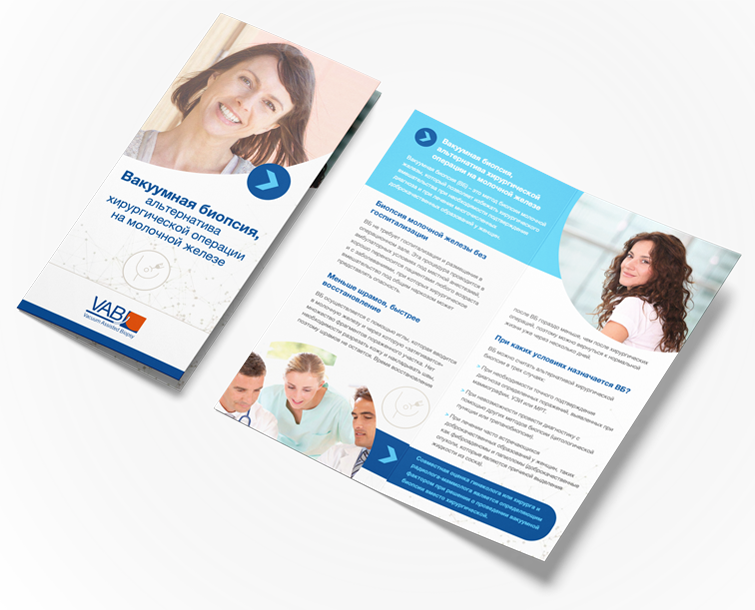 Discovering a breast cyst can be a worrying and stressful time. You might find yourself becoming concerned about cancer and have plenty of questions about the best way to deal with your cyst. Clear information can help both in making the right individual decision on how to manage the cyst and will help reassure you that, whilst it is important to seek help for breast lumps and to be breast aware, a breast cyst can be effectively monitored and treated.
Discovering a breast cyst can be a worrying and stressful time. You might find yourself becoming concerned about cancer and have plenty of questions about the best way to deal with your cyst. Clear information can help both in making the right individual decision on how to manage the cyst and will help reassure you that, whilst it is important to seek help for breast lumps and to be breast aware, a breast cyst can be effectively monitored and treated.
What is a breast cyst?
A breast cyst is a round or oval fluid filled, movable lump. They can occur on their own or with other cysts, in one or both breasts or may be a cluster of mini cysts. If you have been diagnosed as having solitary or multiple cysts, do not be alarmed. They are very common; around one third of women aged between 35 and 50 years will experience a breast cyst.1
If you are in your 40’s it is thought that you are most likely to get a breast cyst but they can occur at any age even in menopause especially when taking hormone replacement therapy.3
Cysts develop when fluid builds up within the breast and may be caused by blocked milk ducts. You can experience pain, especially if they grow quickly. The hormones involved in the monthly menstrual cycle can cause cysts to become bigger and the glandular tissue to become more sensitive to cause increased discomfort just before your period. Also, sometimes breast cysts can cause a clear or cloudy discharge to come out of the nipple.
Which breast cysts should be removed?
You can get you breast cysts checked using ultrasound, mammography and/or by taking a sample from the cyst with a needle (fine needle aspiration). The fluid draw out with the needle is usually clear or cloudy and but can be yellow or greenish black, which indicates what state the cyst is in. Only fluid with blood, old blood or pus will need further checks. Only cysts where there is a solid or irregular nature to their structure will need a biopsy.
Simple, non-painful, benign cysts often go away with time and need no treatment.1 If the cyst causes pain it can be removed in order to try and stop or diminish the pain. Also if you have a cyst that keeps coming back it removal might be considered1.
Despite what you might think, simple cysts do not increase the risk of later developing breast cancer2 and therefore taking a biopsy from a simple cyst can lead to unnecessary over treatment.3
Complicated cysts have material within them which can be seen on an ultrasound. When recognising them they may feel firmer to you, being a lot harder in nature. This extra material is comprised of dead cells, bleeding residue and pus which form ‘debris’ in the breast. Complicated cysts carry a small risk of cancer3, so if you think that your cyst might be complicated, ask your doctor about further investigations.
Similar to complicated cysts are complex cysts, which may feel even firmer and have extra material or changes such as solid walls around or within the cyst which can be seen on ultrasound. Complex cysts do have a possibility of causing cancer and will need to be biopsied and possibly removed.
Using ultrasound, the cyst can be removed and a core biopsy of the solid or irregular part of the cyst can be accurately performed. Vacuum-assisted biopsy (VAB) can be useful to ensure a complete sample is taken, and is significantly less invasive than surgical options.
Finally, oil cysts are made from a fat containing liquid and are usually caused by a trauma such as knocking or banging the breast and can happen after surgery or radiotherapy. Surprisingly they can occur in men and women of any age but are more common in women.3 Unlike complicated cysts, they are not associated with breast cancer and do not need treatment once they have been diagnosed.
In addition, doctors may also recommend that any cyst or lump that changes the shape of the breast should be removed.1
How do I decide if I should have my breast cyst removed?
Your healthcare team will be able to advise you what sort of breast cyst you have. The decision to remove a simple cyst should be based on whether or not it is causing you discomfort. If it is not painful or awkward the advice will generally be to monitor it and it should go away. Of course, this can also cause ‘mental discomfort’ however, and can be a source of worry for you. If this is the case talk to your practitioner about the best way to move forward.
Complicated and complex cysts however, will need further checks and certainly for complex cysts a biopsy will be required to check the material within the cyst does not increase the risk of cancer. However, do not be alarmed: as long as you and your doctor are both aware of the cyst then you can ensure that it is closely monitored and risk of cancer reduced.
Talk to you healthcare team and ask them to explain why they do or do not recommend further tests or treatment. Ask to be involved in the decisions that are made and let them know how the cyst affects you in your day to day life letting them know of any discomfort or concerns that you are experiencing. To find out more about breast lumps, cysts, and your treatment options, explore our website.
References
- Rungruang B. and Kelley J.L. 2011 Benign Breast Diseases: Epidemiology,Evaluation, and Management. Clinical Obstetrics and Gynecology. 54,1, pp. 110–124.
- American Cancer Society Fibrosis and Simple Cysts in the Breast accessed 18/02/2017 @ www.cancer.org/cancer/breast-cancer/non-cancerous-breast-conditions/fibrosis-and-simple-cysts-in-the-breast.html
- Berg W.A., Sechtin A.G. Marques H et al 2010 Cystic Breast Masses and the ACRIN 6666 experience. Radiol Clin North Am 48(5): 931-987

